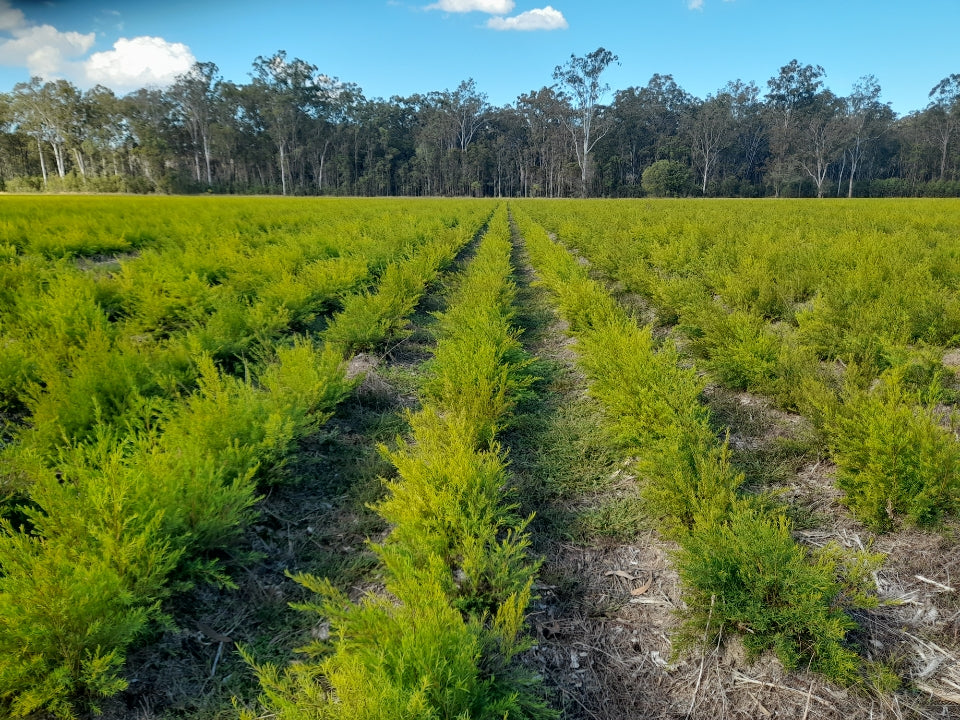Tea Tree Oil has wonderful properties that makes it a popular natural agent for curing all three types of infectious organisms: fungus, bacteria and virus. More importantly, it is known to effectively fight a number of infections that are resistant to some antibiotics.
Therefore, Tea Tree Oil is an excellent natural remedy for hundreds of bacterial and fungal skin ailments such as acne, abscess, oily skin, blisters, sun burns, athlete’s foot, warts, herpes, insect bites, rashes, dandruff and other minor wounds and irritations.
Studies have shown that Tea Tree Oil also treats respiratory problems ranging from common sore throats, coughs and runny nose to severe conditions such as asthma, tuberculosis and bronchitis.
The antiviral properties of the oil fight many common infectious diseases such as chicken pox, shingles, measles, flu, cold sores and verrucae.
It also strengthens the body’s immune system, which is often weakened by stress, illness or by the use of antibiotics and other drugs.
It can also be used as a mouth wash, since it is highly effective in healing oral candidiasis (a fungal infection of mouth and throat).




